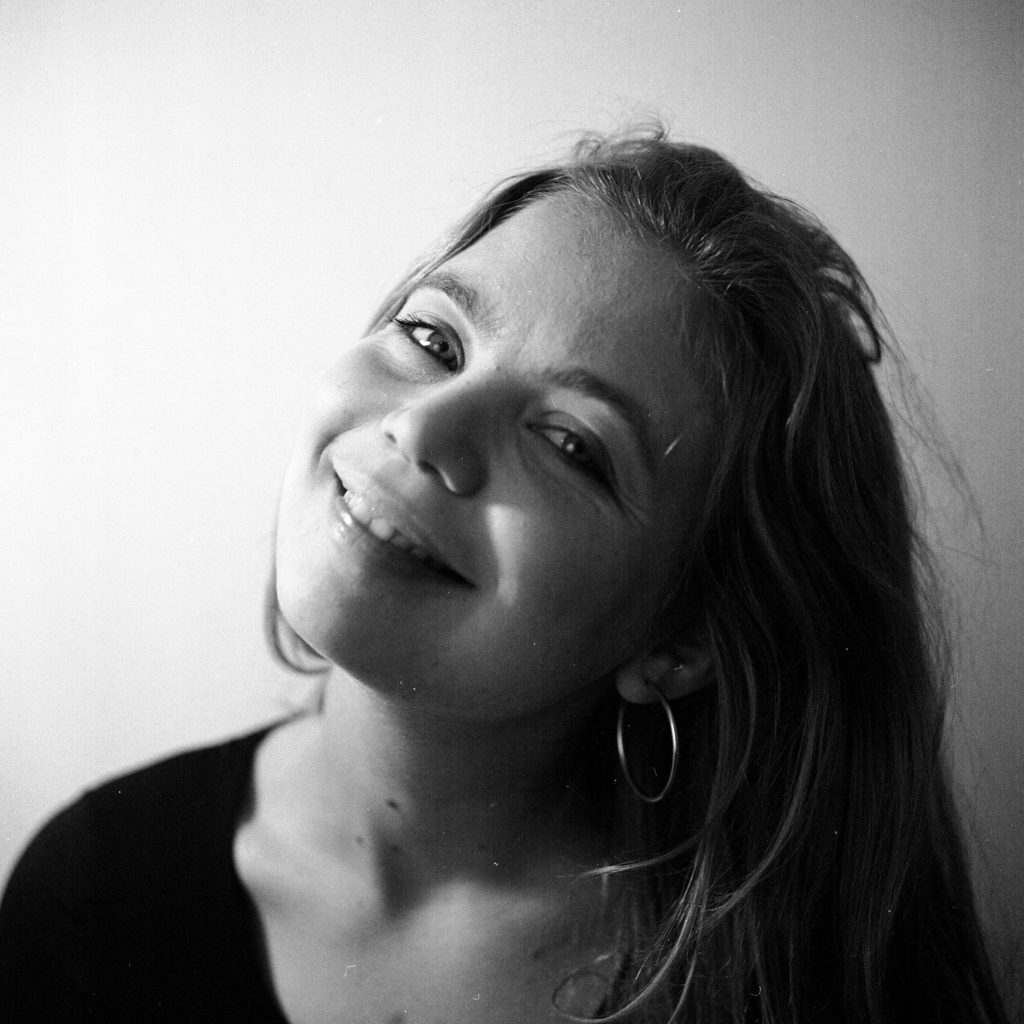Exchanging Channels with Héloïse Werner
Interview
Héloïse Werner’s beguiling one-woman opera The Other Side of the Sea draws on her own experience of moving from Paris to London. We caught up to discuss inspirations and if she still dreams in French.
Hi Héloïse, what is The Other Side of the Sea about?
The Other Side Of The Sea is a one-woman opera about language, memory and identity.
Inspired by my experience of adopting English as a second language, it uses the central metaphor of the sea to explore the tension of an identity split linguistically, in this case between French and English.
It explores the spaces between person/performer and mother tongue/second language, drawing parallels between my identity as a performer, the operatic tradition, and the performed identity of a life lived in a foreign tongue.
‘In Greek mythology, Hermes is the messenger of the gods, all about crossing boundaries.’
Do you still dream in French, or has English occupied your brain?
Both… depending on who’s involved in the dream I think!
What can you tell us about the AV and staging?
The show is directed by Emily Burns and features visuals by Jessie Rodger. The projection incorporates footage filmed on the Suffolk and Kent coasts, and images from my childhood.
Projected onto a shell-like structure, Jessie’s films identify a physical site for the mental and emotional experience of the piece as the coast of England, looking out to an imagined France.
What artists inspired you in the process of writing your one-woman opera?
So many… Zoë Martlew, Laura Moody, Meredith Monk, Jonathan Woolgar, Melanie Wilson, Lore Lixenberg, Jennifer Walshe, Shon Dale-Jones, Philip Venables, Kerry Andrew, Elaine Mitchener, Patti Smith, Georges Aperghis, Phoebe Waller-Bridge, Errollyn Wallen, Tansy Davies, to name a few.
And obviously my incredible collaborators Octavia Bright (writer), Jessie Rodger and Emily Burns.

© Emma Werner
How did you meet the rest of The Hermes Experiment and where did the name come from?
We met at university but formed the ensemble after we’d graduated.
In Greek mythology, Hermes is the messenger of the gods, all about crossing boundaries. And ‘Experiment’ because it was, and still is, an experiment.
How did you come to choose the composers for the rest of the programme?
We have programmed three wonderful Hermes commissions (by Freya Waley-Cohen, Mira Calix and Stevie Wishart) as well as our harpist Anne’s arrangement of Double Fiesta by Meredith Monk, also a Hermes favourite!
The four pieces are very different in style and each explores different aspects of what we do as an ensemble. Mira’s piece, for instance, is very theatrical, while Stevie’s piece uses experimental techniques to imitate the sounds of the Eurostar.
Octavia Bright, who wrote the libretto for The Other Side of the Sea, also wrote the poems for Freya’s song cycle, so that was also a lovely way of linking the two halves of the concert.